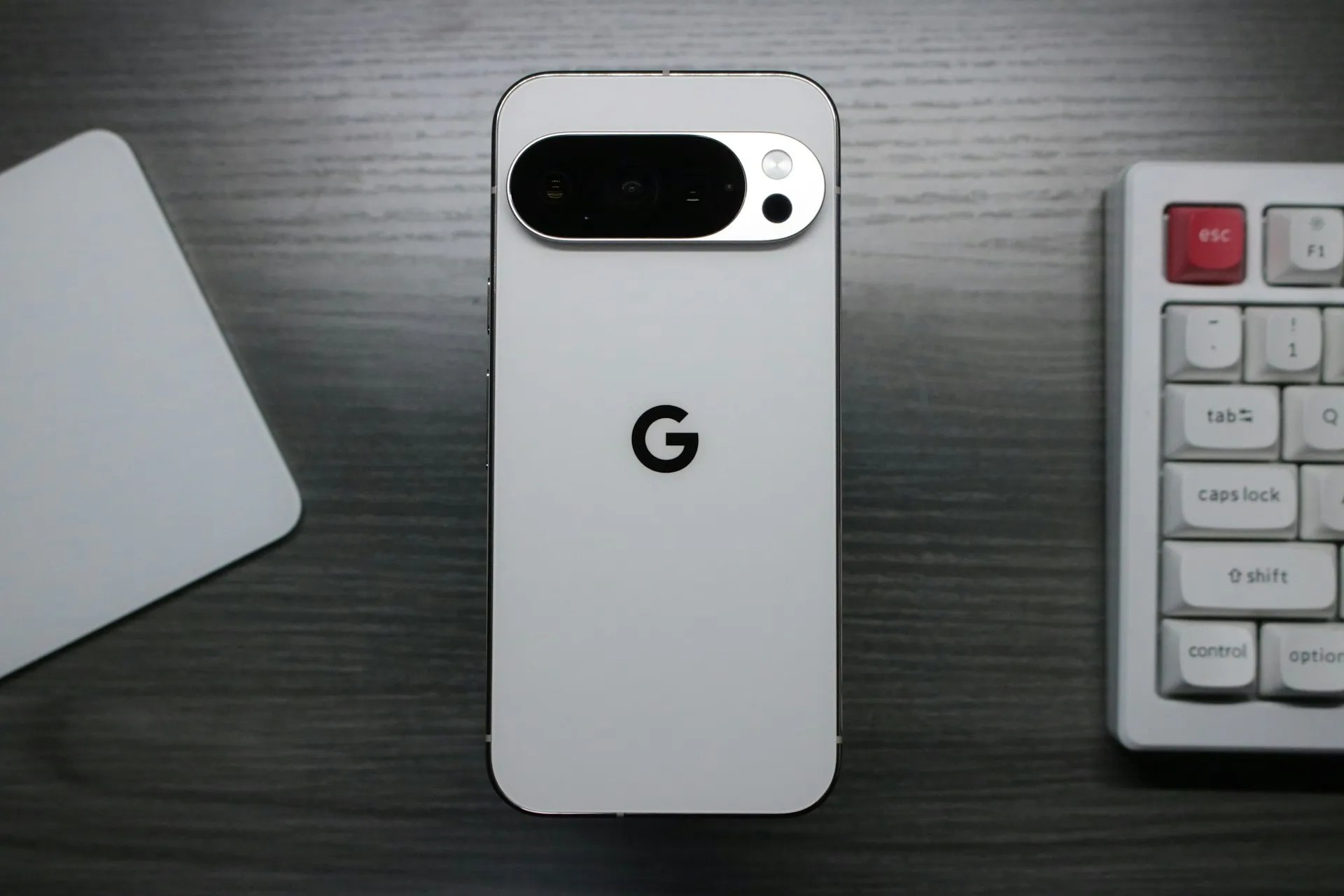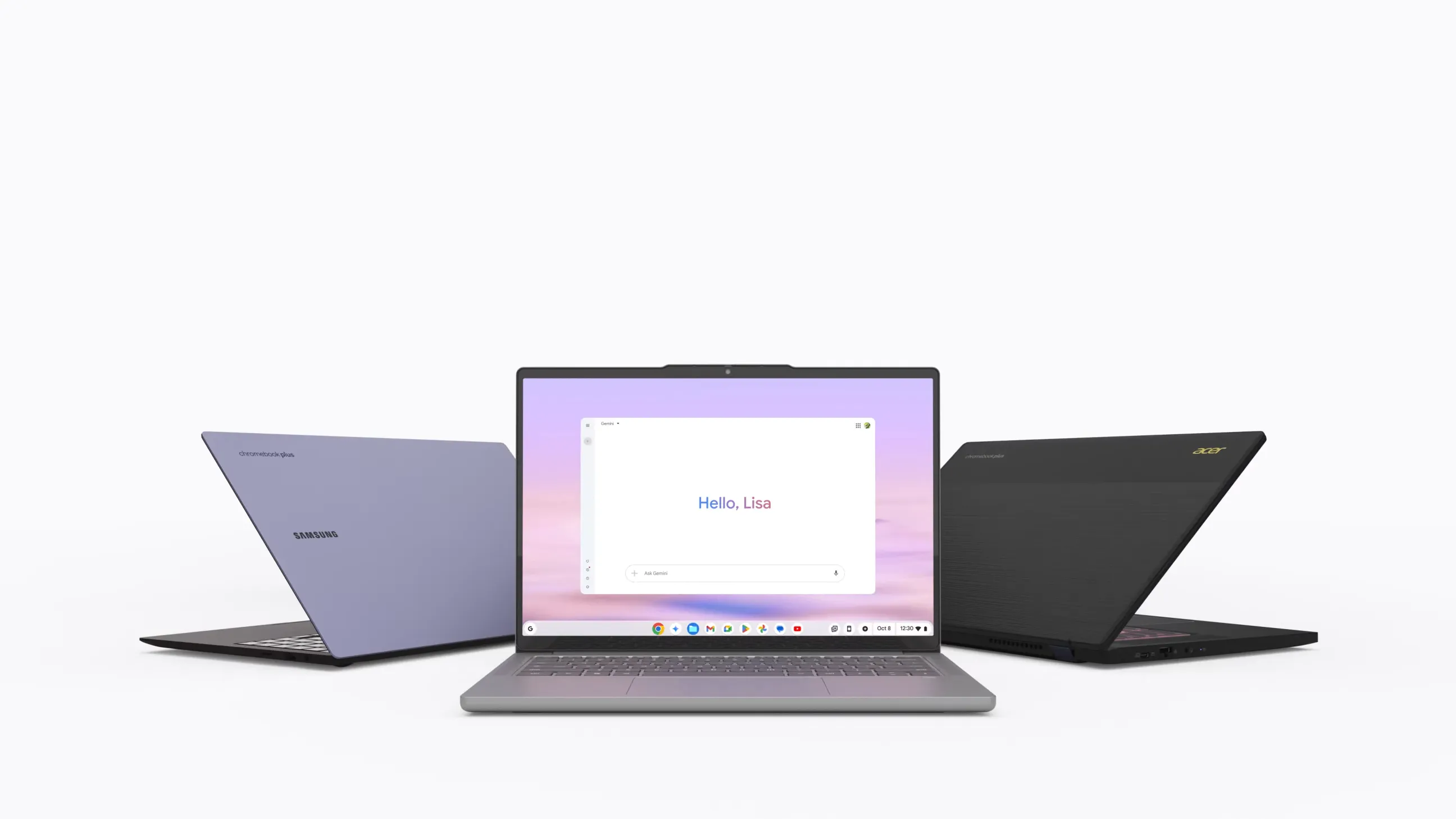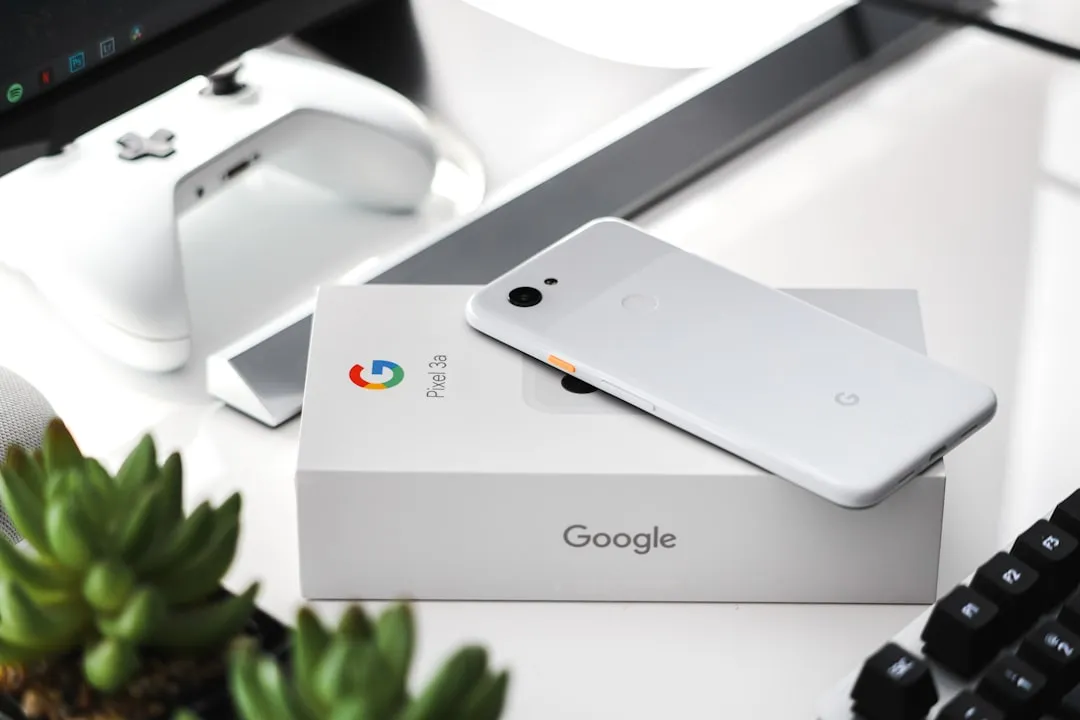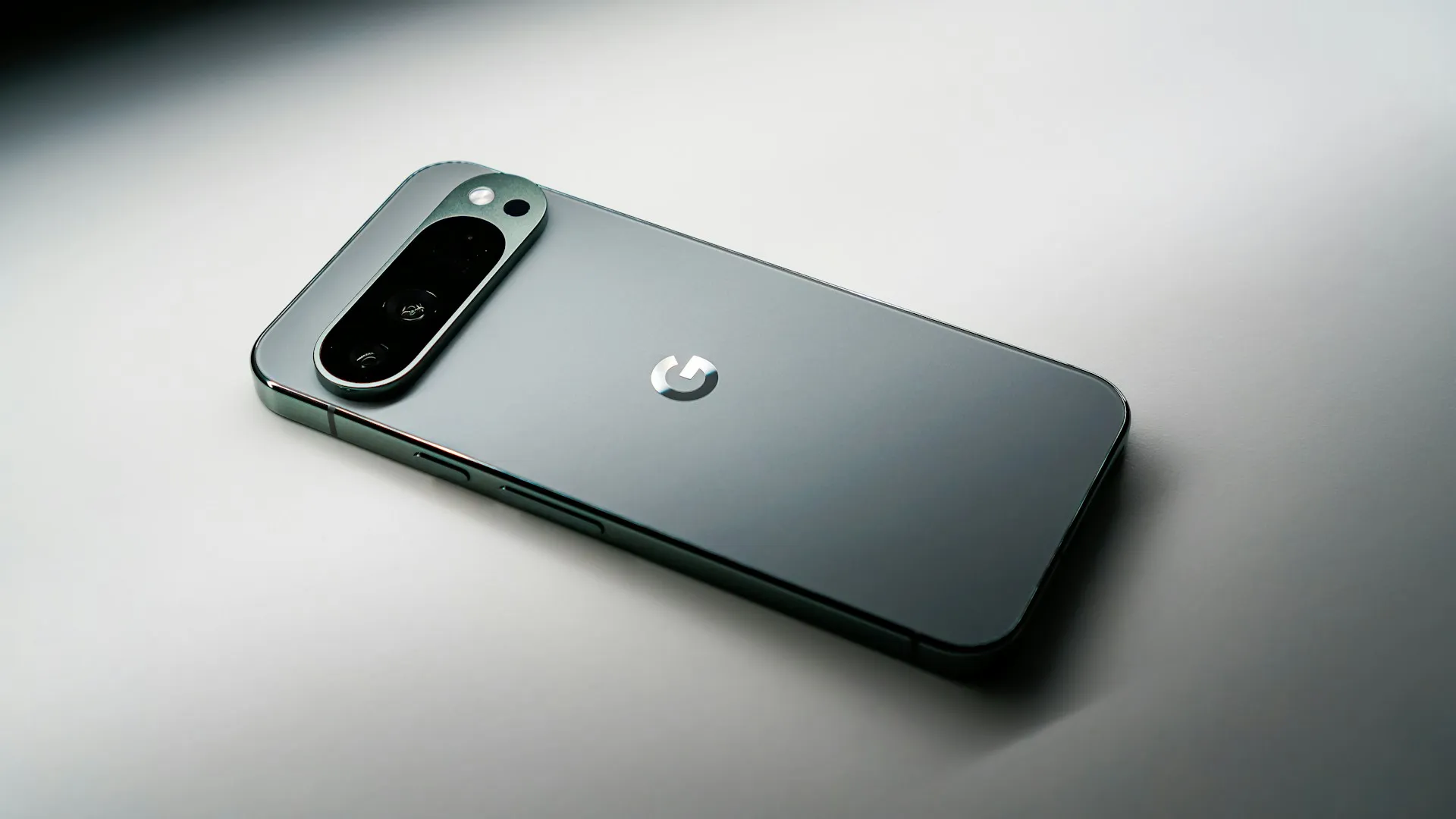Many people think antivirus apps are useless — why pay a subscription fee when most malware can be avoided with common sense? But the thing is, there were an estimated 3.5 million malicious Android apps discovered last year, with many of them making their way onto the Play Store. As this number continues to rise, can you truly depend on common sense to protect you?
Recently, Google removed 36 apps infested with adware that were hosted on the Play Store. Just a few months before that, Google removed 300 apps that were using infected smartphones to conduct DDoS (Distributed Denial of Service) attacks.
The moral of the story here is that Google's new Play Protect program and its 48.5% detection rate apparently isn't enough. If you really want to be safe, you need an antivirus app to provide the protection that Google has failed to deliver.
#1: Higher Detection Rate
After malware-infected apps were discovered on the Play Store numerous times, Google decided to make a big push towards security with the Play Protect program. This security suite is a combination of an antivirus scanner and the Find My Phone app. Under this new title, Google offers protection from both hackers and thieves, and it's baked right into Android itself.
Play Protect's antivirus provides protections in a few different ways. Apps and their updates are scanned when uploaded to the Play Store, and they're removed if suspicious code is detected. Google also scans the app before it is installed on your device to again verify that you are not installing malware. Additionally, Google scans apps you sideload (whether through a third-party app store or a random APK).
However, since Play Protect was announced during Google I/O 2017, the Play Store has continued to house hundreds of malware-infected apps. Google eventually removes the apps, but only after millions of devices become infected with malware, adware, ransomware, or worse. So why does this continue to happen? A close look at Play Protect's detection rate provides a clear picture as to why this is the case.

Play Protect's antivirus (1) and Find My Phone (2) features.


Play Protect's antivirus (1) and Find My Phone (2) features.

According to AV-Test, Play Protect is one of the worst antivirus applications when it comes discovering malware. As of November 2017, Play Protect has a real-time detection rate of 48.5%. It also has a detection rate of 66.3% when presented with malware over the course of a month. To provide context, the industry average is 94.8% for real-time and 96.9% over a four week period.
You can find a number of third-party security apps that exceed the industry average, including many with 100% detection rates in both categories. Some apps even include the ability to scan the apps before installation, similar to Play Protect. For a comprehensive list of the better third-party options, check out the link below.
- Don't Miss: The Best Android Antivirus & Security Suite Apps

Norton (1), Sophos (2), and Bitdefender (3) are just a few examples of antivirus apps with 100% detection rates.



Norton (1), Sophos (2), and Bitdefender (3) are just a few examples of antivirus apps with 100% detection rates.


#2: Minimal Use of Resources
One issue that has always plagued antivirus apps is the heavy slowdowns they've caused while running in the background. Many older antivirus scanners required high amounts of resources, which reduced performance and negatively impacted battery life.
However, these issues aren't found in the antivirus apps we recommended. Our own testing, as well as research performed by AV-Test, demonstrated that battery and performance impact is minimal. In short, current antivirus apps are much more efficient than the ones you may have installed a few years ago, so there's no reason not to have one on your phone.

Geekbench performance testing before Norton was installed (1) and after (2). No measurable impact on performance.


Geekbench performance testing before Norton was installed (1) and after (2). No measurable impact on performance.

#3: Additional Features
Similar to Play Protect, these third-party apps act more like security suites than just antivirus scanners. While most will require a subscription fee, these features add true value to the security and privacy of your device.
One example is anti-theft protection. Unlike Play Protect, not only do these apps offer the three pillars for protection (remote wipe, remote lock, and locate), some even include remote access via SMS. Instead of requiring a web browser to initiate the remote wipe or lock, you just send a text message. Especially in a pinch, this is more accessible and faster than using a browser.

Bitdefender's Anti-Theft Protection.

Norton Mobile Security's Anti-Theft Protection.

Bitdefender's Anti-Theft Protection.

Norton Mobile Security's Anti-Theft Protection.
Another example is web protection. While Chrome offers some level of protection against malicious and fraudulent links, many antivirus apps offer an extra layer of security. In addition to anti-phishing and anti-adware protection while browsing, these include Wi-Fi protection that scans your local Wi-Fi networks and checks to make sure it is both legit and secure.
Apps such as Norton Mobile Security can even scans links from emails and text messages before you open them to ensure they are safe. Norton also offers a VPN plugin for additional protection while on public Wi-Fi hotspots.

Norton Mobile Security's Web Protection.

Norton Mobile Security's Wi-Fi Protection.

Norton Mobile Security's Web Protection.

Norton Mobile Security's Wi-Fi Protection.
These are just some features offered that preserve your privacy and security that aren't available (in the same capacity) with Play Protect. These companies are aware of the cost to use their service and try to add enough features to justify their price tag.
Android Antivirus Has Come a Long Way
Antivirus apps aren't what they used to be. No longer are they just scanners that bog down performance, eat up your battery, and never find any malware on your device — instead, they've evolved into security platforms that address all your security needs. While Play Protect and common sense may seem to be enough, it takes only one cyber attack for your life to be affected.
We know the Play Store is infected with malware and that Google playing catch-up when it comes to finding all of them. Instead of depending on Google and its low detection rate, why not put your trust in apps with proven track records?. What do you think about the current state of antivirus apps on Android? Let us know in the comments below.
- Follow Gadget Hacks on Facebook, Twitter, YouTube, and Flipboard
- Follow WonderHowTo on Facebook, Twitter, Pinterest, and Flipboard
Cover image and screenshots by Jon Knight/Gadget Hacks

























Comments
Be the first, drop a comment!